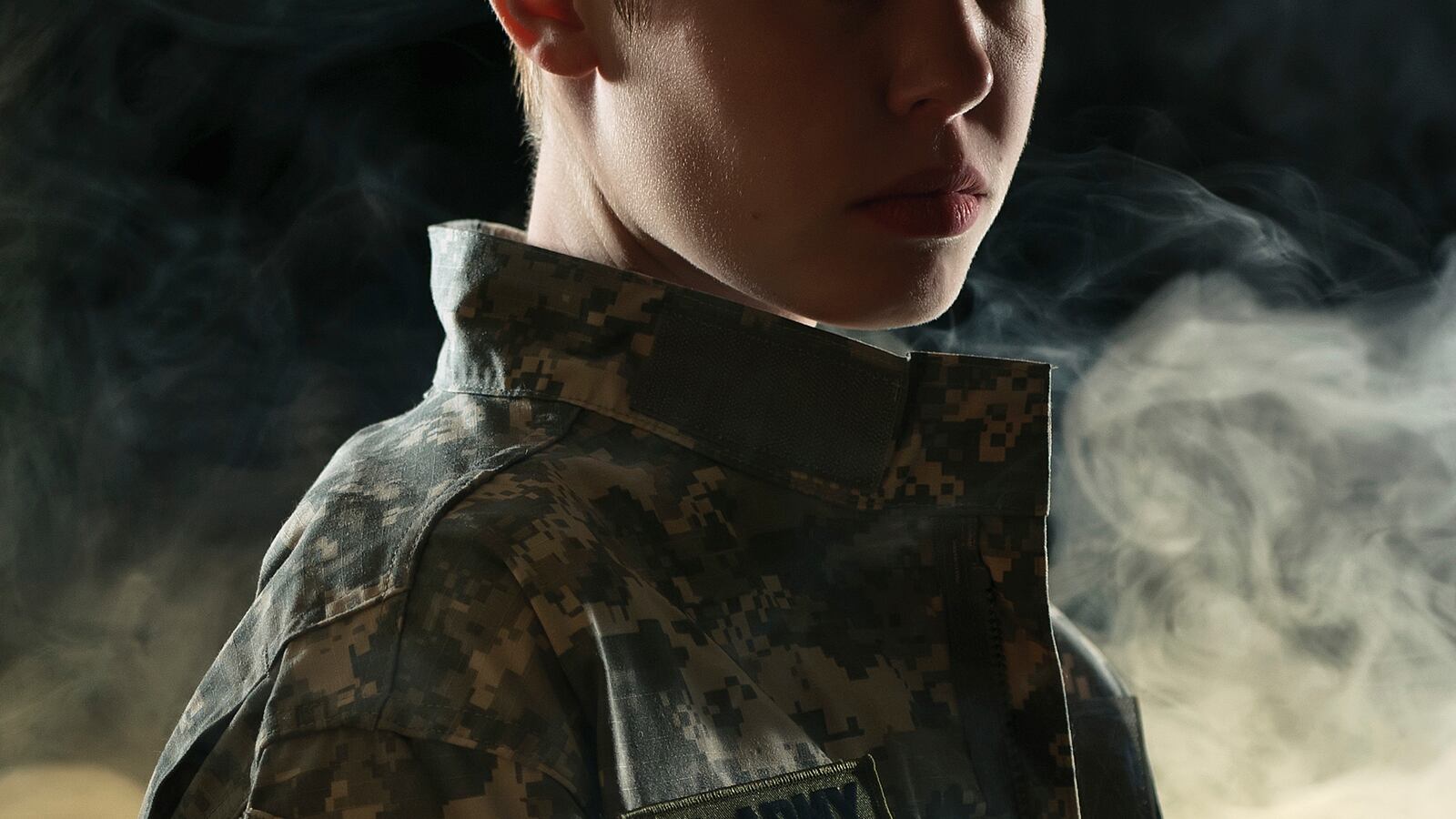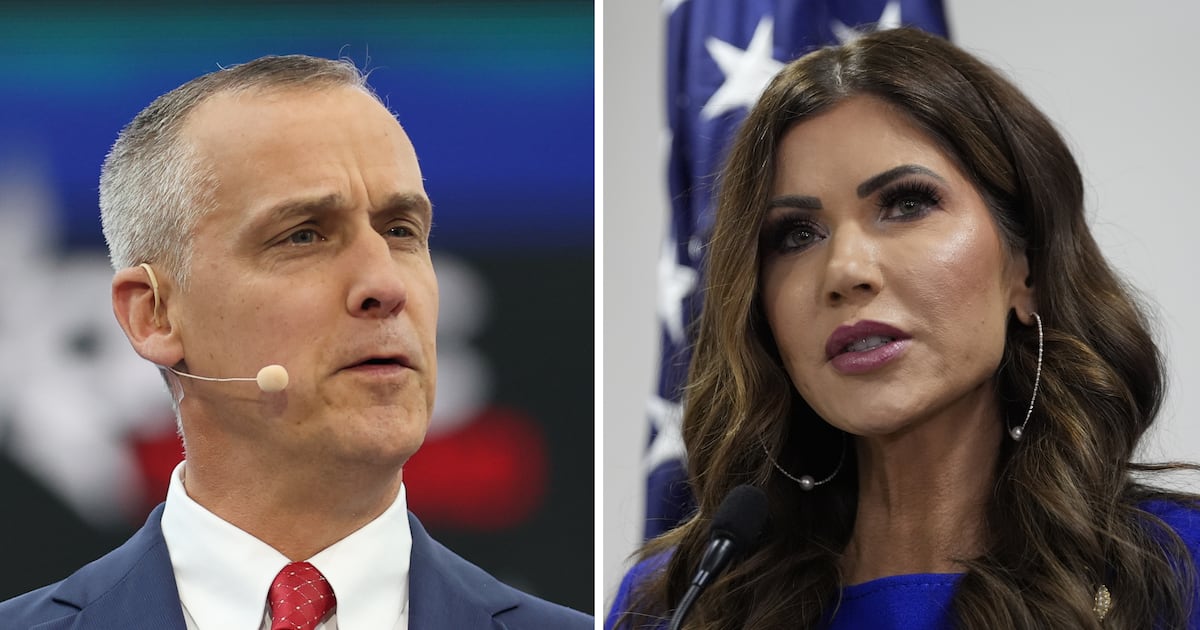Military servicewomen who have been victims of sexual assault are unlikely to seek post-abuse care, a new study has found. Fewer than a third of those questioned sought medical help after their ordeal, while less than 2 percent of the 207 women in the study had received both physical and mental health treatment in the six months following the attacks.
“Few women got care and few women reported [the assault],” explains Dr. Michelle Mengeling, an affiliate investigator with the Department of Veterans Affairs Comprehensive Access and Delivery Research and Evaluation team and the study’s lead author. “Sexual assault is widely considered the most serious and traumatic crime possible, short of homicide. One of the first steps in potentially mitigating some of the negative health effects of sexual assault is seeking immediate post-assault medical and mental health care.”
Issues such as chronic pain symptoms, gastrointestinal problems, post-traumatic stress disorder and anxiety are just a few of the possible outcomes of a sexual assault. Reliance on medical resources is usually increased for women who have been victims of such abuse, but these findings demonstrate a disconnect when it comes to female military personnel reaching out for help after what has happened to them. The servicewomen surveyed said they had not immediately sought medical attention for a number of reasons—namely embarrassment, believing they did not require it, or because they worried that receiving such assistance would be detrimental to their careers.
The latter qualm has regularly been touted as key in explaining why so few come forward in reporting attacks of this nature. “I’ve never met one victim who was able to report the crime and still retain their military career,” Myla Haider, an agent in the Army’s Central Investigation Command who was sexually assaulted while serving, told NPR. “Not one.
“When I reported [the rape], it was a very small part of my life. But by making that choice, my reporting of it took over my life, ruined my career and wound up, ultimately, getting me kicked out of the army.”
Her case remains far from unique. In spite of the Department of Defense’s efforts to stem the tide of sexual assault in the armed forces—largely by encouraging reporting and treatment in the aftermath of such crimes—the statistics are still troubling. Some 26,000 rapes and sexual assaults occurred in the military in 2012 (PDF), equating to around one-third of servicewomen—twice the civilian rate—being victims of such abuse. Fewer than one in seven cases were reported, and of those referred to the authorities, just 10 percent went to trial. A bipartisan bill seeking to create a more judicious prosecution system, by removing military commanders’ decision-making powers in sexual assault cases, was rejected by the Senate in March 2014.
The situation was purported to be changing last year, during which time the number of military personnel reporting sexual crimes doubled—but no overall figure of the instances themselves was given, making it impossible determine whether such attacks were decreasing in number.
Following the report, Chuck Hagel, the Defense Secretary, introduced a series of initiatives aimed at managing the armed forces’ problem with sexual violence. He pledged programs to improve unit leaders’ knowledge and understanding of such issues, as well as procedures to ensure that those involved with the reporting of an incident would not fear reprisals for doing so.
Curbing institutionalized sexual assault is never going to be an easy process, but one thing’s for sure: Focusing all efforts on helping women after they’ve already been attacked is to shut the barn door after the horse has bolted. Victims need restorative care—of that there is no doubt— but we need better procedures in place to educate military personnel on the harrowing effect this abuse has on its victims. It is difficult to accept that people fighting to protect the country can be capable of putting their colleagues in such grave danger, but we have a duty of care to shield people from sexual violence, and refusing to tackle the root of the problem is to dishonor those who exposed their suffering in the hopes of protecting others from a similar fate.






